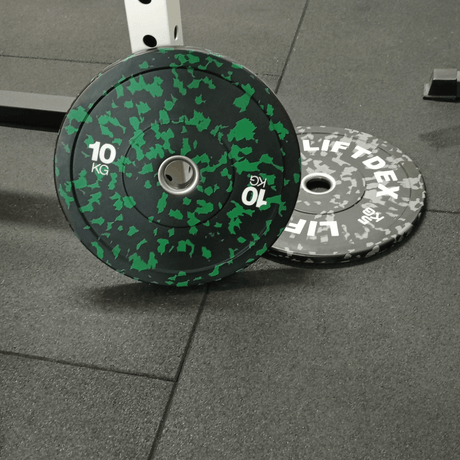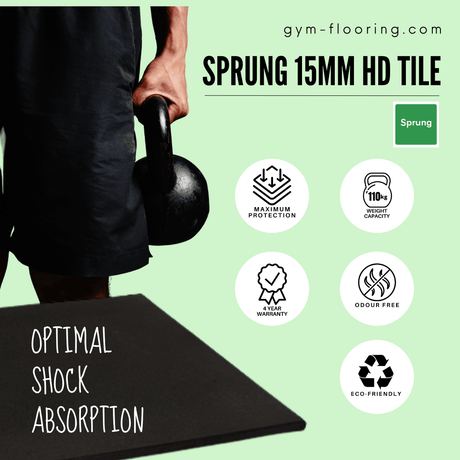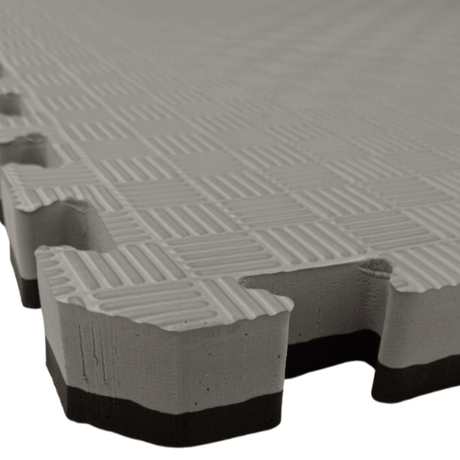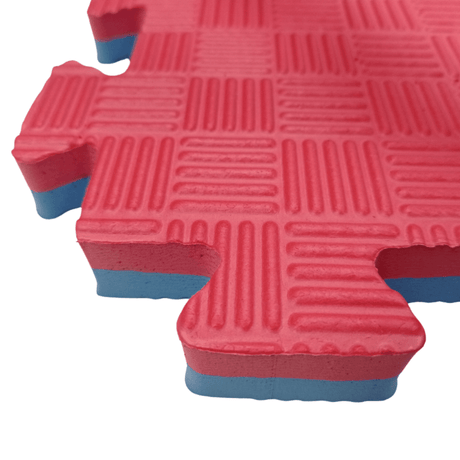In recent years, the link between gut health and muscle function has become a big deal for strength trainers and athletes. The “gut-muscle axis” is the connection between gut microbiota, nutrient absorption, inflammation regulation and overall muscle health.
Here we look at how optimising gut health can improve performance and overall wellbeing whether you’re a serious weightlifter or casual trainer.
Table of Contents
The Science Behind the Gut-Muscle Connection

Your gut hosts trillions of bacteria that influence many physiological processes including muscle repair, growth and recovery. This connection is facilitated through:
-
Nutrient Absorption: The gut microbiome enhances the digestion and absorption of key nutrients including amino acids and minerals for muscle protein synthesis and energy production. Probiotics for example have been shown to increase protein bioavailability and muscle growth.
-
Inflammation Modulation: A healthy gut reduces systemic inflammation which can otherwise impede muscle recovery and performance. Good bacteria like Akkermansia muciniphila have anti-inflammatory properties and support faster post workout recovery.
-
Hormonal Regulation: The gut microbiome influences hormonal balances like testosterone and cortisol levels which play a big role in muscle development and stress response during training.
Benefits for Strength Trainers and Athletes

1. Better Recovery and Growth
A diverse and balanced gut microbiota improves post exercise recovery by reducing inflammation and supporting muscle fibre repair. For example, fermented foods like yogurt and kimchi provide probiotics to support gut health and muscle regeneration.
2. Better Energy Utilisation
Gut health affects carbohydrate and fat metabolism. Athletes with optimal gut flora have better endurance and energy efficiency during long activities partly due to improved fat oxidation rates.
3. Less Gastrointestinal Distress
For endurance athletes, gut health reduces gastrointestinal discomfort during long exercise and allows for sustained performance.
A Growing Interest in Gut Health
In recent years, a growing number of high-profile celebrities have begun to appreciate the intrinsic link between the gut microbiome and physical performance, including muscle function and metabolism.
Professional athletes, in particular, have been among the first to recognise the benefits of gut-focused nutrition. Renowned figures such as American football quarterback Tom Brady have advocated diets low in inflammatory foods and high in nutrient-dense, gut-supportive ingredients. By eliminating or significantly reducing sugar and highly processed products, these sports personalities aim to maintain a thriving microbiome that enables more efficient energy utilisation, improved muscle recovery, and enhanced resilience to stress.
“I choose to eat foods that are anti-inflammatory, for me. If it doesn’t cause inflammation, I’ll eat it. If it does, I won’t, because that affects how I feel and how I recover from workouts, practices, and games. I’m just trying to feel as great as I can all the time so that I can be at my best for my team.” (Tom Brady)
Similarly, tennis champion Novak Djokovic attributes part of his on-court success to a gluten-free diet, initially adopted to address digestive issues but later credited for bolstering his stamina and mental clarity.
Practical Strategies to Improve Gut Health for Muscle Function
Dietary Interventions

Lifestyle Changes
- Adequate Hydration: Proper hydration ensures nutrient transport and digestion for muscle function.
- Stress Management: Yoga and meditation reduce stress induced gut dysbiosis and indirectly supports muscle recovery and performance
- Consistent Exercise: Regular exercise itself promotes a healthier gut microbiome and is a positive feedback loop. Whether you train daily, go to weekly classes or have a home gym, consistent activity is key to gut microbiome..
Monitoring and Testing
Advanced testing methods like microbiome analysis and food sensitivity testing help athletes tailor interventions to their specific gut composition. This personalised approach is being used by elite athletes to optimise digestion, nutrient absorption and muscle function.
Athletes Leading the Way
Professional athletes, including marathon runners and bodybuilders are incorporating gut healthy practices into their routine. For example, rugby players use probiotic supplements and high fibre foods to maintain energy levels and support fast recovery between games.
Conclusion: A Holistic Approach to Peak Performance
Optimising gut health is not a trend but a foundation for peak performance. By focusing on a more diverse diet, regular probiotics, hydration and lifestyle changes athletes can unlock the gut-muscle axis.
Understanding and applying these principles will not only improve your training results but also long-term health and wellbeing. If you’re looking to upgrade your performance consider gut health with the same intensity you apply to your workouts.
For more resources on gut health and sports nutrition check out:




















